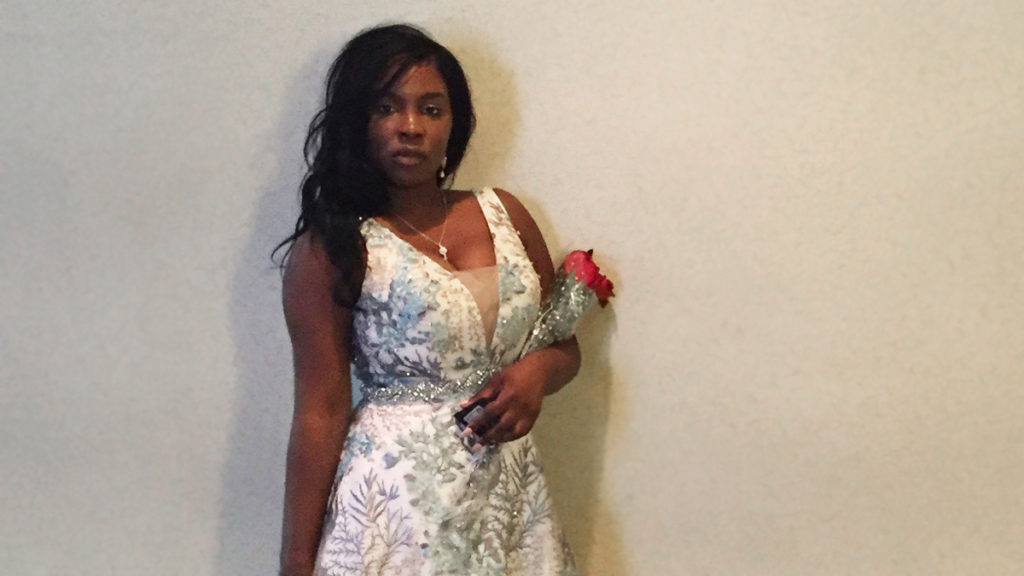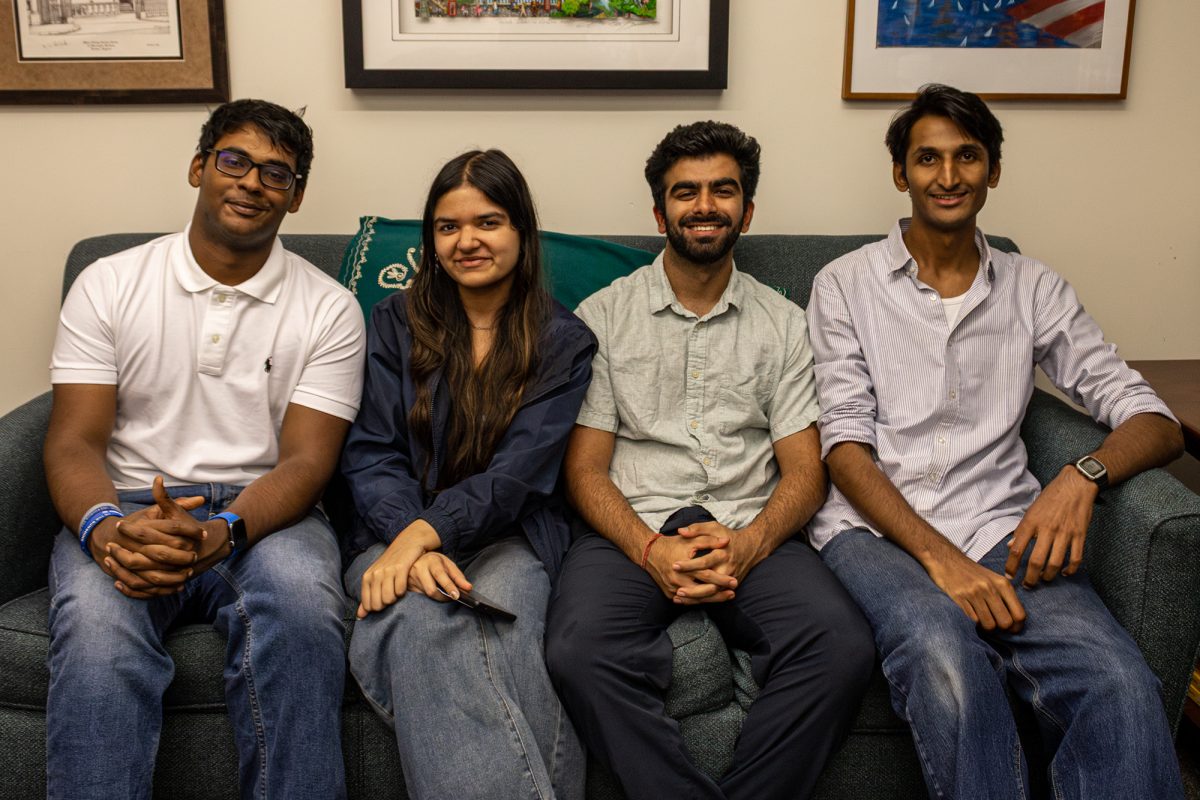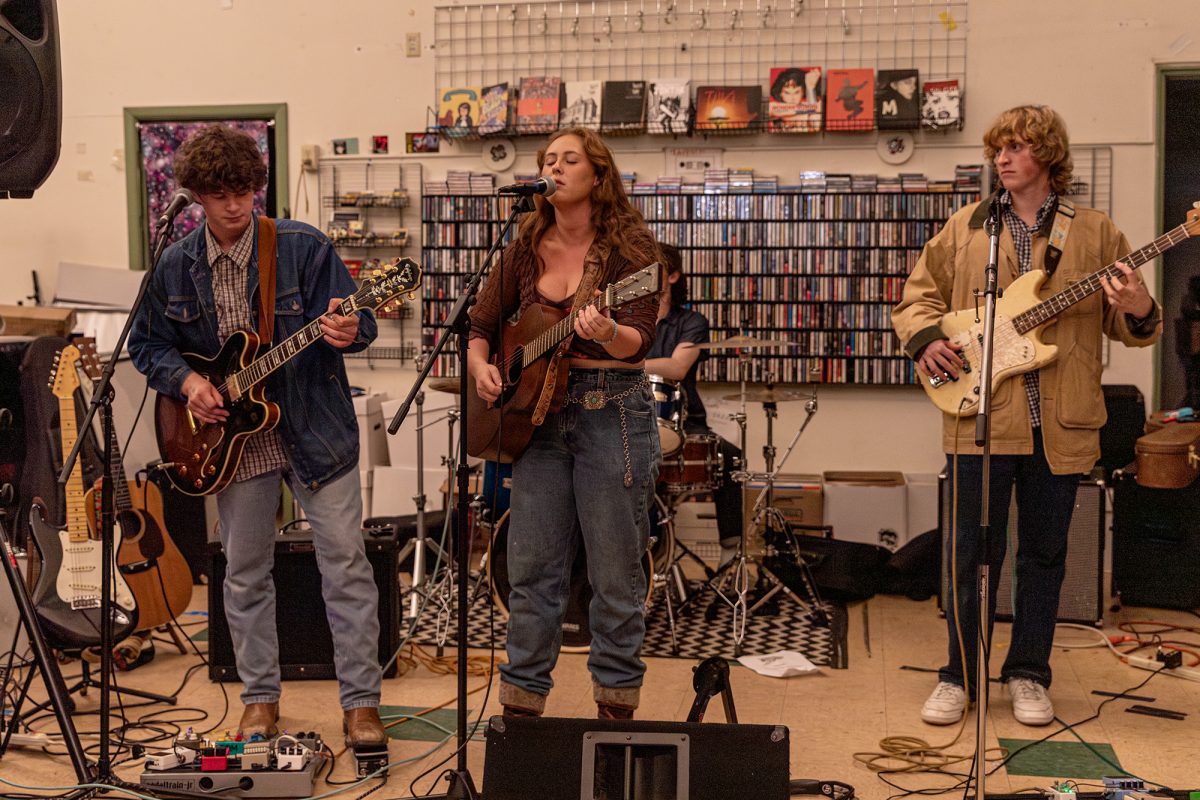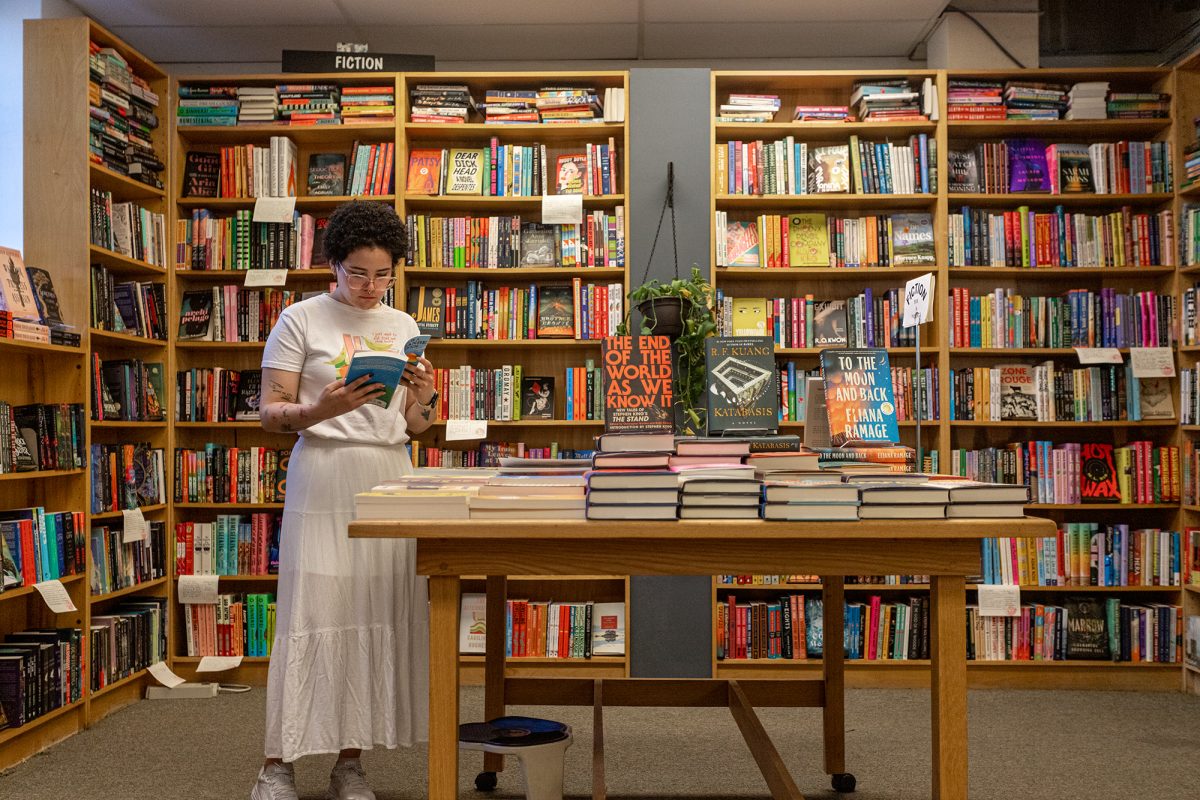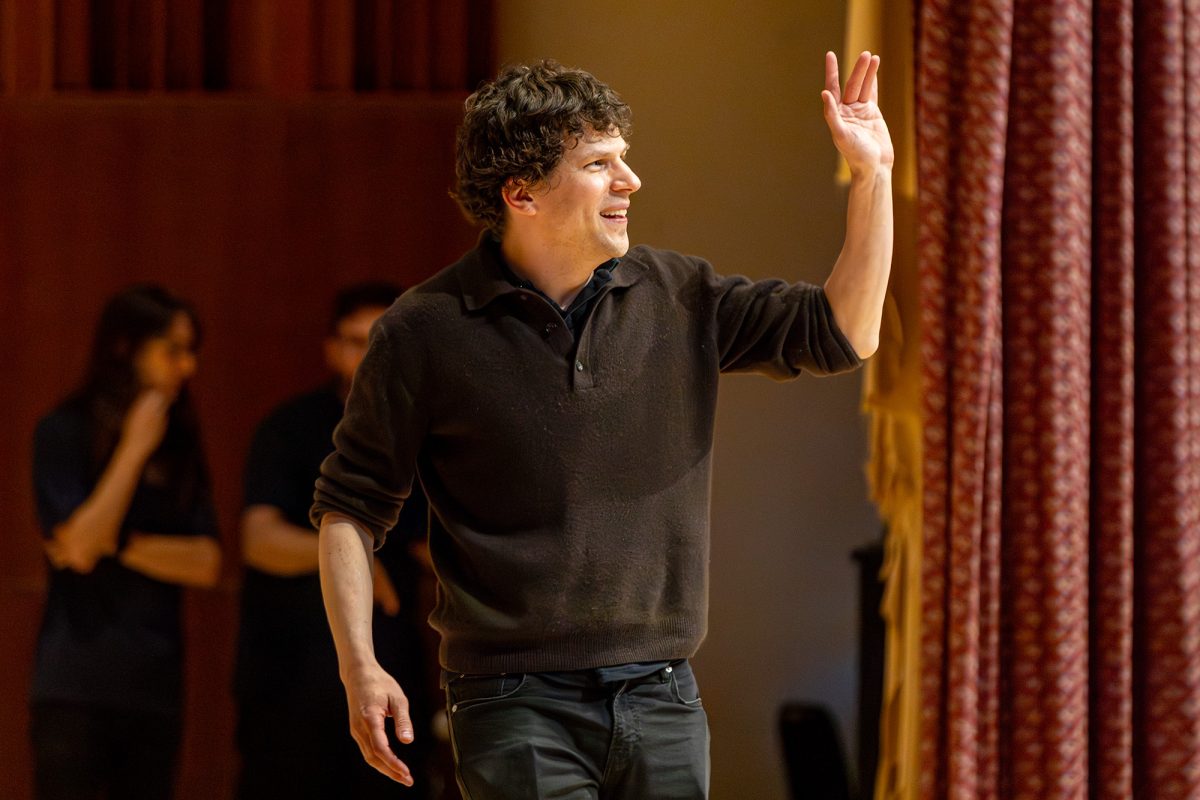Behind the glitz and glamour of pageants are girls who dedicate their lives to showcasing their knowledge, talents and abilities. The road to the crown is not always an easy one to follow.
Senior Jamela Wharton qualified for the upcoming National American Miss pageant when she was awarded the title of Miss Rochester 2020–2021 last June. The pageant is set to be held in Orlando, Florida, in late November, as long as there are no further COVID-19–related complications. Wharton has been doing pageants since 2015.
Opinion Editor John Turner talked with Wharton about what she has learned from participating in pageants and what advice she has for others who may want to compete in a pageant.
This interview has been edited for length and clarity.
John Turner: What do you enjoy about doing pageants?
Jamela Wharton: My favorite thing about the pageant is the community. I know that a lot of pageants get a bad rap because it’s seen as shallow or it’s all about looks. With [National American Miss] pageant, I felt like it was different. Number one, they didn’t have a bathing suit competition. I thought it was interesting because I know when people think of pageants, they think of girls strutting around half–naked, and it’s not like that. When you’re in the younger divisions, wearing makeup is discouraged. They want to see your natural beauty. They don’t want to see a lot of makeup. Of course, when you get to the Miss and the Teen division, which is basically 17 up to 25, you can wear makeup. It’s not that big of a deal then. Pageants as a whole are a great way to build relationships. You spend a lot of time with other girls learning to dance, and we have bonding parties to foster new relationships.
JT: What have you learned about yourself from doing pageants?
JW: I think I’ve learned that I possess more than I realized. A lot of people have called me a ‘dog with a bone’ with this competition because every year, if I win or lose, I keep coming back. I’m in and it doesn’t matter. And I stick with it. I told myself that I wouldn’t stop doing pageants until I felt like I had nothing else to give. I realized that I am so much more capable than I ever thought. I thought everything was going to be straight and narrow. Before pageants, I kind of put myself in a box. Get good grades, go to law school, get a good job, et cetera. But through pageants, I was able to spread my wings, I’m able to go into pageants, I’m on stage, I’m doing all these interviews and I just put myself out there. I never thought that this would be my life.
JT: What does it mean to you to qualify for nationals?
JW: It means a lot to me. Being an immigrant from Barbados, I never thought I would be in America competing in pageants and be able to represent my state. As a child, I thought pageants were just for white people. I didn’t see girls that looked like me competing in pageants. Growing up, I assumed that the only way I was ever going to be in a pageant was if it was me representing Barbados or something like that. Even in Barbados, I didn’t see people who looked like me winning because they were almost always light skin. Then sometimes you doubt that you are able to win because colorism is very much an issue in Barbados. The sad part is the women that generally win don’t really represent what the majority of women in Barbados look like. So qualifying for nationals means so much to me because it shows that my hard work has not been in vain and that being my authentic self is being celebrated.
JT: What was the hardest part of the competition?
JW: The hardest part for me is the interview portion. I think it’s because you don’t know what they’re going to ask you. It’s hard to practice for. You can do the basic mechanical stuff — like make sure you walk in, chin up, chest back, sit on half the chair, cross your ankles, not your legs, turn to the side, make sure to make eye contact with the judges — stuff like that you can practice within 60 seconds. The questions seem easy, like, ‘What is your favorite color?’ But even on simple questions, you’re supposed to expound on them and make it relate to you in some way. So to answer what my favorite color is I may say, ‘My favorite color is blue because I’m from Barbados and I love looking at the lovely blue color of the ocean.’ That type of answer is generally what they want.
JT: What would you say to young girls who want to compete in pageants?
JW: I can’t speak for every pageant program out there, but I will advocate for National American Miss. It helps you grow as a person. You’re not just on stage to strut around and to be seen. It helps you strengthen your public speaking skills, and you can learn how to stay calm in high–pressure situations. You also learn everyday skills that help you in your day–to–day life. Whether you want to be a lawyer, doctor or sales clerk, you’re going to have to learn how to speak to people. You’re going to have to learn how to not let anxiety or fear get in the way of you accomplishing things in your life.


